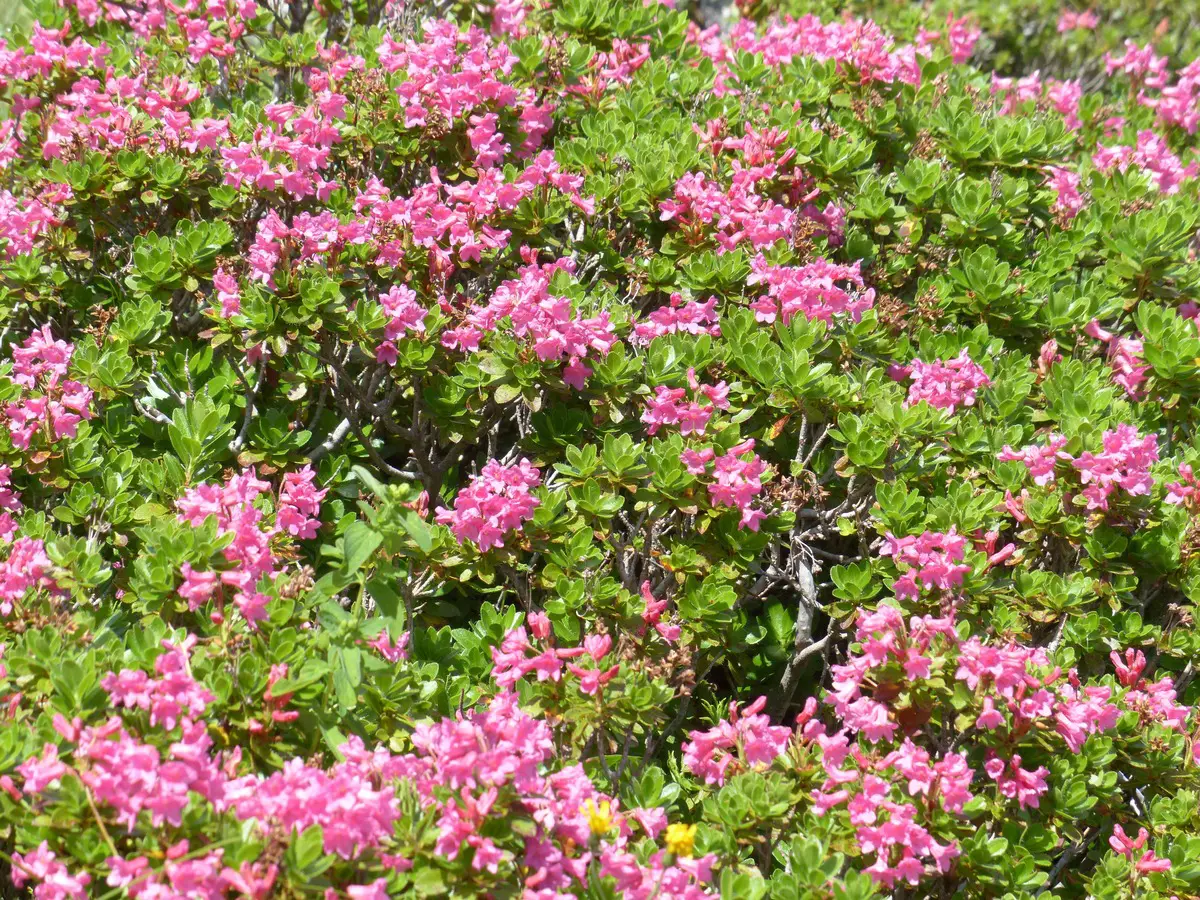Ericaceous compost is one that has a low pH, which means that it is slightly acidic in nature. It is used as a soil amendment for ericaceous plants that prefer acidic growing conditions. Ericaceous refers to heathers and other plants that grow primarily in infertile or acidic conditions in the Ericaceae family.
Table of Contents
What is ericaceous compost?
Simply stated, it is compost that is suitable for plants that prefer an acidic environment.
The Ericaceae family comprises over 4000 plants commonly found in acidic or infertile environments.
Ericaceous compost is organic matter with a pH level below 7. Garden centers typically sell ericaceous composts containing organic matter with a pH of around 5.
Most garden centers will sell ericaceous compost, but as compost gradually breaks down into the soil, the pH gradually rises until it is neutral.
Without naturally acidic soil, you will need to add ericaceous compost yearly to maintain a pH level well below 7.
How can you make ericaceous compost?
It is an easy DIY project that can be completed at home.
- To ensure your compost pile produces compost with the required acidity, you will need to test the soil ph with a testing kit regularly.
- It is recommended that you place the compost pile on free-draining soil, or at least in an area that does not collect water.
- Place the pile in a shady area, though partial shade is acceptable.
- To begin, place twigs, leaves, and other bulkier materials at the bottom of the pile.
- Create layers of “green” and “brown” materials as you add material to the pile.
“Green” items are:
- Fruits including citrus
- Grass cuttings
- Vegetables
- Stems, flowers, and other green garden items
“Brown” items are:
- Leaves
- Wood chips
- Twigs
- Sawdust
- Straw
- Paper
- Cardboard
You will need to add the following items to your compost to ensure that it is ericaceous and suitable for acid-loving plants:
- Leaves – most have high acidic content, esp leaves from beech and oak
- Coffee grounds and used tea bags as most are now plastic-free
- Citrus fruits, including the peels, just chop them up, so they decompose faster
- Green pine needles have high acidic content
- Sawdust from freshly cut wood
- Onions, finely chopped
- Fine bark or wood chips from a shredder
Add the following to soil, topsoil, potting soil to acidify it for acid-loving plants:
- Sulfur
- Aluminum sulfate
- Iron sulfate
Ericaceous compost doesn’t like the following things because they lower the acidic content or compromise it:
- Tap water, so use rainwater since it’s naturally acidic.
- Hydrated lime is often used to speed up the process, but it’s alkaline.
- Items high in calcium, which is alkaline.
- Meat, feces, bones, glossy paper, plastics, glues, etc.
Is it OK to use ericaceous compost for all plants?
Designed for growing specific types of plants, ericaceous compost is a type of acidic compost.
Among these are heathers, camellias, and rhododendrons, but pretty much any type of plant that does not do well in alkaline soil can benefit from this treatment.
What plants do well in ericaceous compost?
Plants for acidic compost (ericaceous plants) that thrive in acidic soil (ericaceous soil) include:
- Rhododendron
- Cranberry
- Camellia
- Blueberry
- Pieris
- Azalea
- Gardenia
- Pachysandra
- Juniper
- Aster
- Magnolia
- Hydrangea
- Viburnum
- Holly
- Lupine
- Bleeding heart
- Japanese maple
- Fern
A simple potting mix for ericaceous plants can be prepared by combining half peat moss with half soil. Add 20% perlite, 10% compost, 10% garden soil, and 10% sand.
What plants do not do well in ericaceous compost?
It is recommended that you use ericaceous compost only for lime-hating plants and that you use neutral or alkaline soil for all other plants.
Ericaceous compost is not recommended for gardens with lime-loving plants, such as gypsophila, delphiniums, and buddleia.
Can you mix normal compost with ericaceous compost?
Compost made from ericaceous plants can easily be mixed with regular compost. The soil will become acidic, so ensure that the surrounding plants are comfortable with this change.
Ericaceous compost is not harmful to most plants, except for brassicas.

